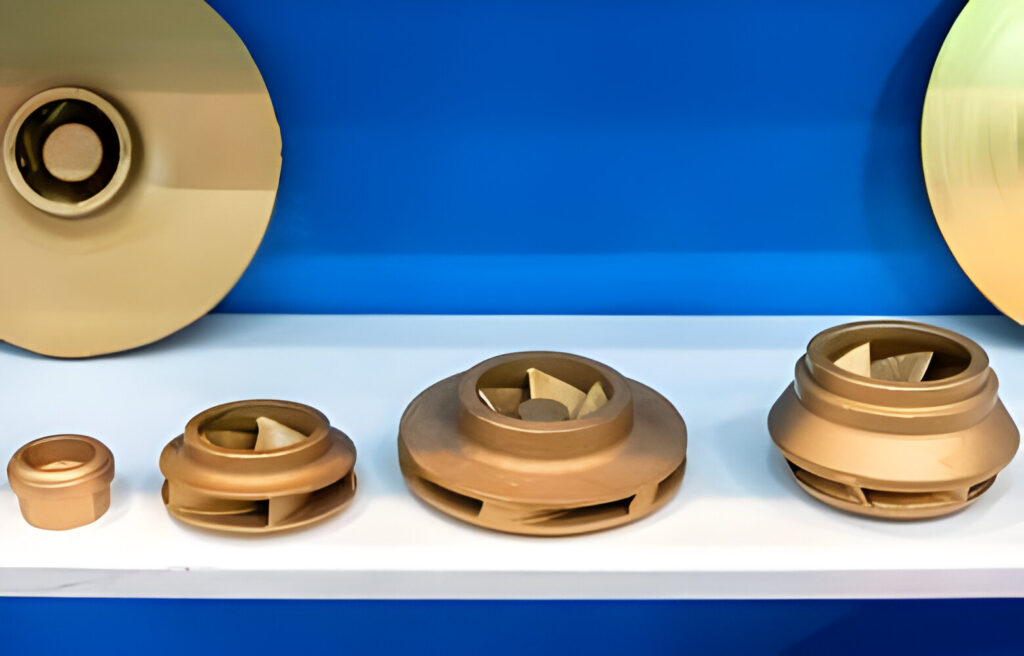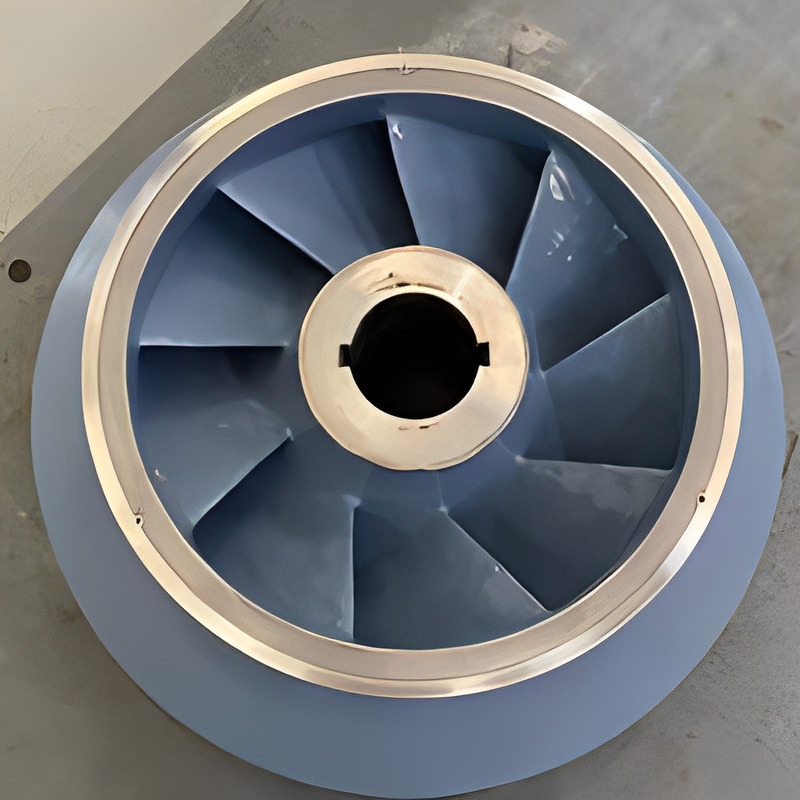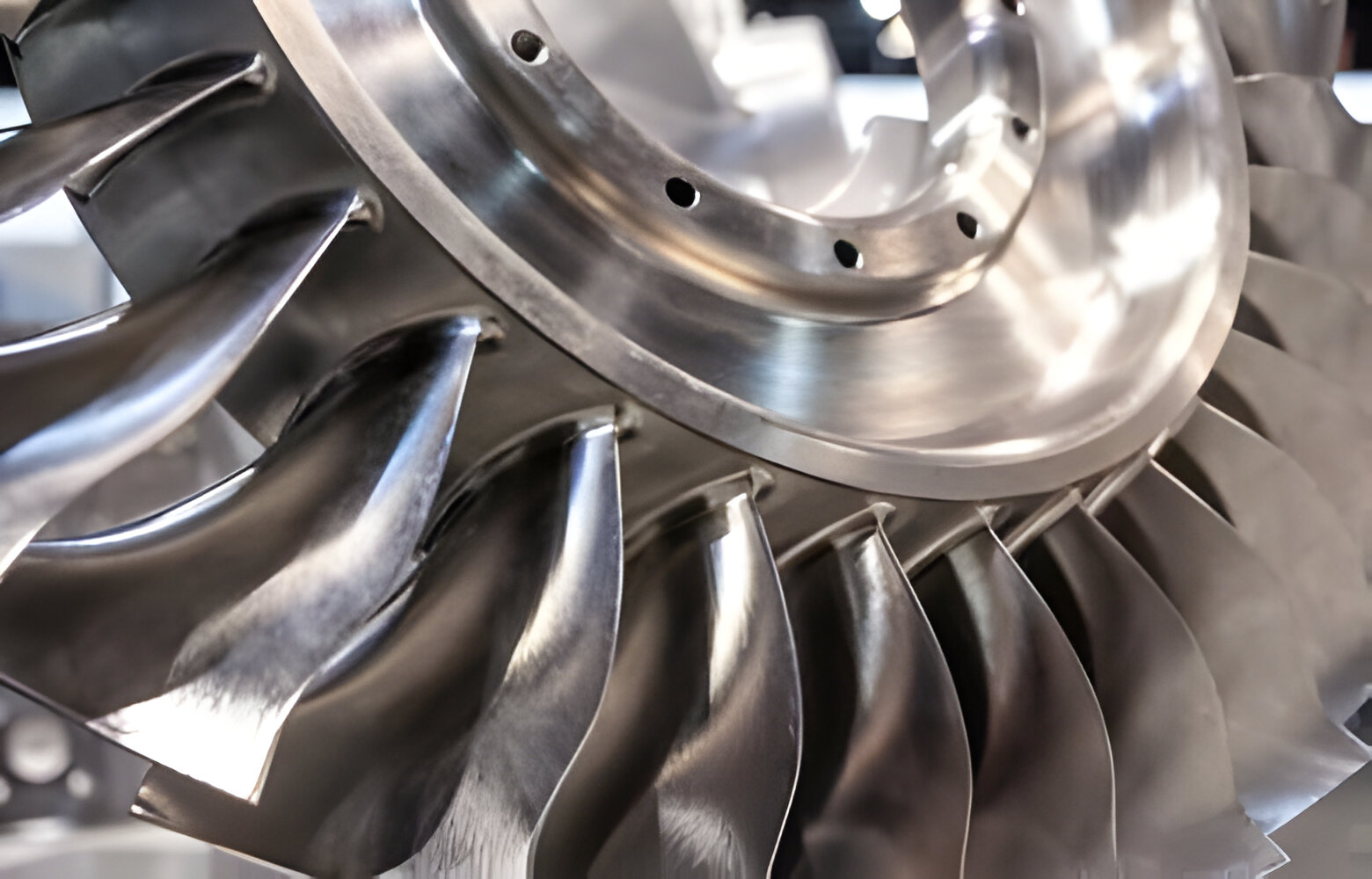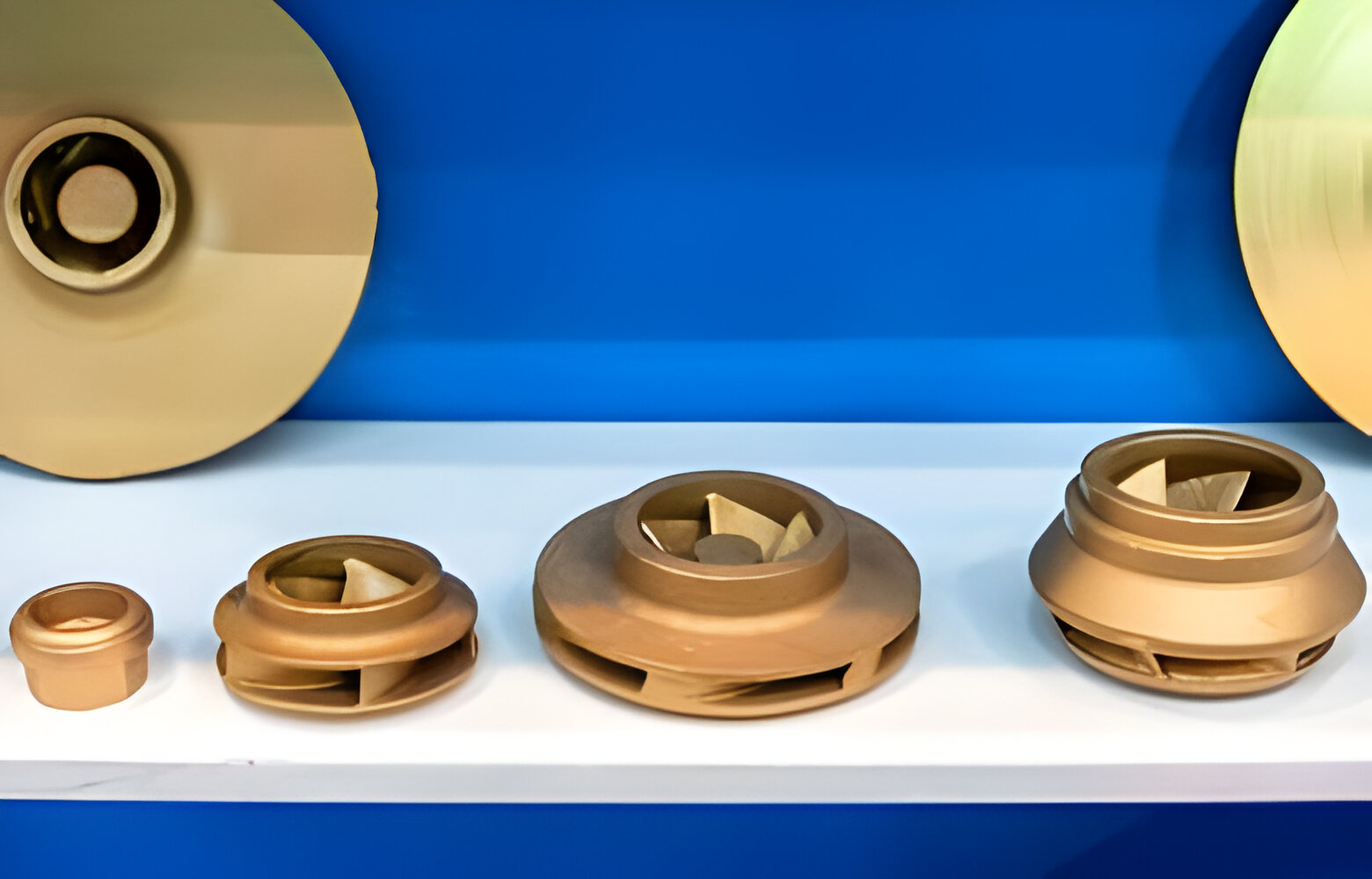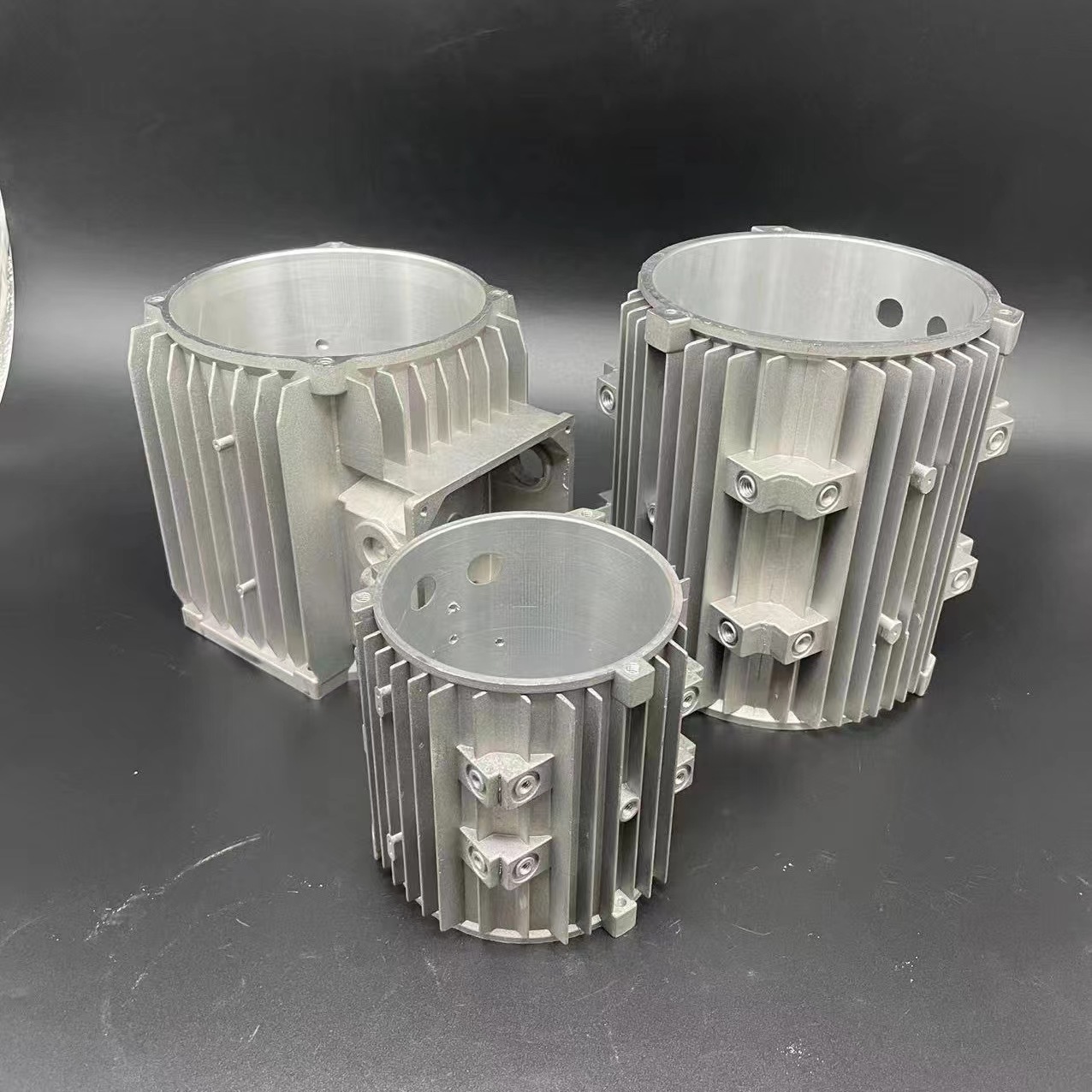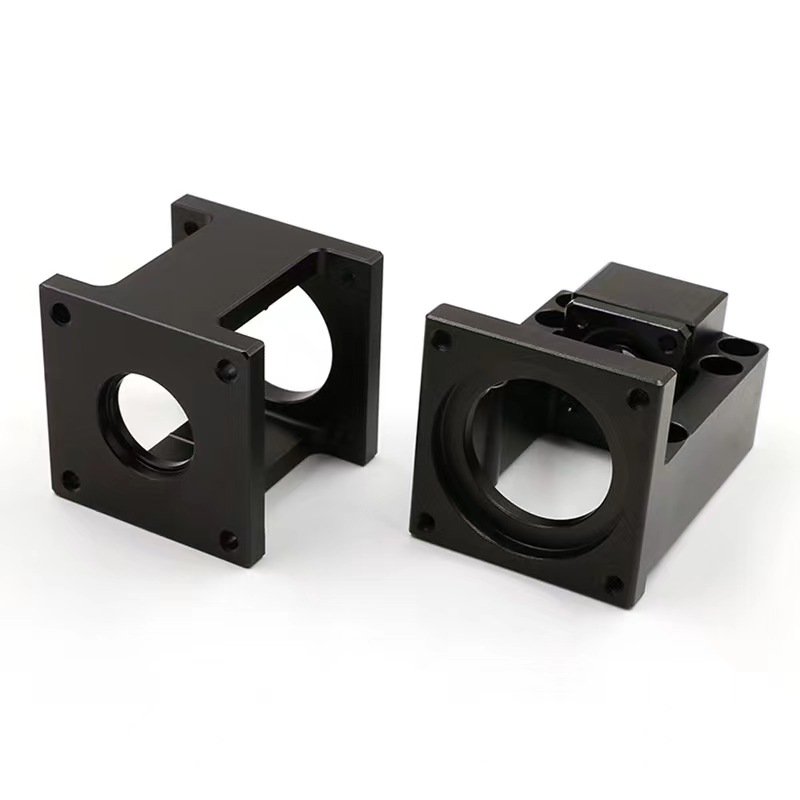In the realm of fluid dynamics and pumping systems, the centrifugal pump stands as a pinnacle of engineering ingenuity. At the heart of these pumps lies a crucial component: the impeller. The efficiency and durability of a centrifugal pump heavily rely on the quality and design of its impeller. In this article, we delve into the world of casting centrifugal pump impellers, exploring their manufacturing processes, materials, and applications.
Centrifugal pump impellers are essential for generating the flow within the pump by converting rotational energy from the motor into kinetic energy in the fluid. One of the most common methods for producing these impellers is investment casting. This process allows for intricate designs and precise dimensions, resulting in highly efficient impellers. Manufacturers like KT Foundry specialize in investment casting impellers, offering OEM well-casted impellers tailored to specific pump requirements.
The choice of material for impeller casting is crucial for its performance and longevity. Stainless steel and bronze are popular options due to their corrosion resistance and strength. Stainless steel impeller casting is favored for applications requiring sanitation and resistance to harsh chemicals, making them ideal for use in pharmaceutical and food processing industries. On the other hand, bronze impellers offer excellent resistance to corrosion in seawater, making them a preferred choice for boat water pump impellers.
While stainless steel and bronze are preferred for their corrosion resistance, cast iron impellers are renowned for their affordability and robustness. Cast iron impellers are commonly used in industrial settings where chemical compatibility and corrosion resistance are not primary concerns. However, advancements in casting technology have enabled the production of cast iron impellers with improved efficiency and performance.
The casting process plays a crucial role in determining the quality of centrifugal pump impellers. Sand casting is another method employed for impeller production, particularly for larger and more complex designs. This process involves creating a mold from sand and then pouring molten metal into the mold cavity. Sand casting impellers offer cost-effective solutions for various applications, including pool pump impellers and industrial water circulation systems.
Understanding the intricacies of impeller design is essential for optimizing pump performance. Different impeller types, such as closed, semi-open, and open, offer distinct advantages depending on the application requirements. Closed impellers provide higher efficiency and are suitable for clean fluids, while semi-open and open impellers are better suited for handling solids and viscous fluids.
In addition to the impeller, other components such as the pump diffuser play a critical role in enhancing pump efficiency. The diffuser works in conjunction with the impeller to convert kinetic energy into pressure energy, resulting in improved overall pump performance.
As manufacturers continue to innovate in impeller design and casting techniques, the efficiency and reliability of centrifugal pumps continue to improve. For industries reliant on fluid handling systems, partnering with reputable manufacturers like KT Foundry ensures access to high-quality impellers that meet stringent performance requirements.
Whether it's a fuel pump impeller for automotive applications or a water pump impeller for industrial processes, the casting centrifugal pump impeller remains a cornerstone of fluid handling technology. By leveraging advanced casting processes and materials, manufacturers can produce impellers that deliver optimal performance, durability, and cost-effectiveness.

